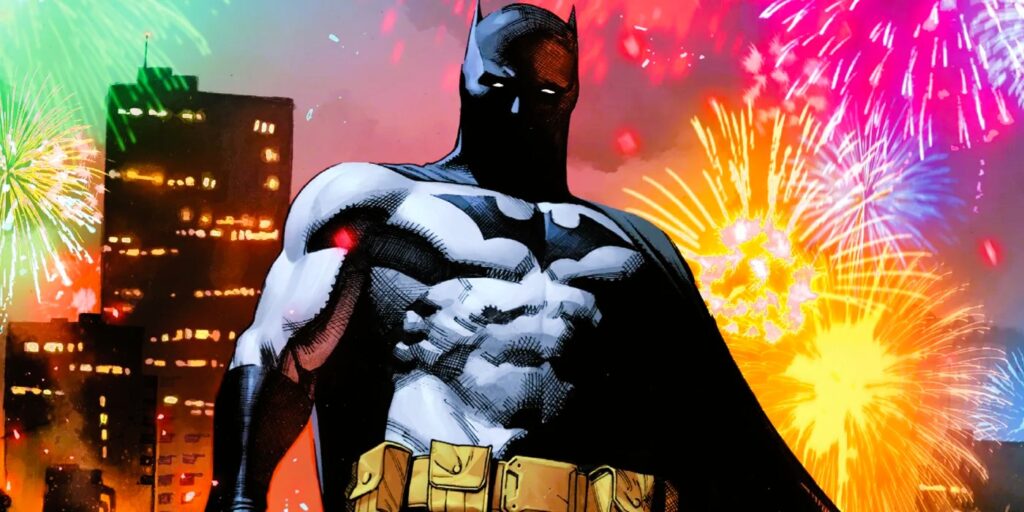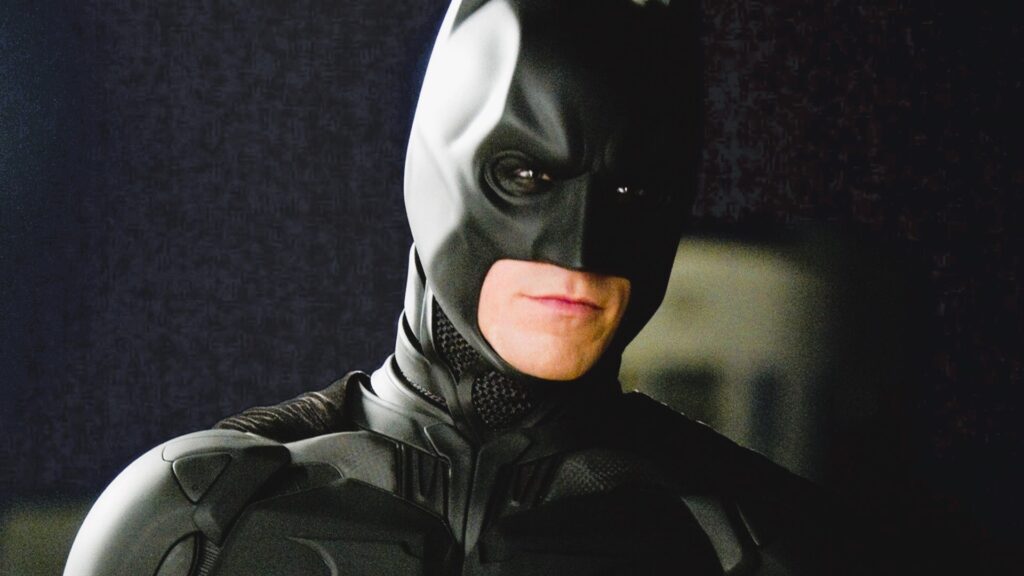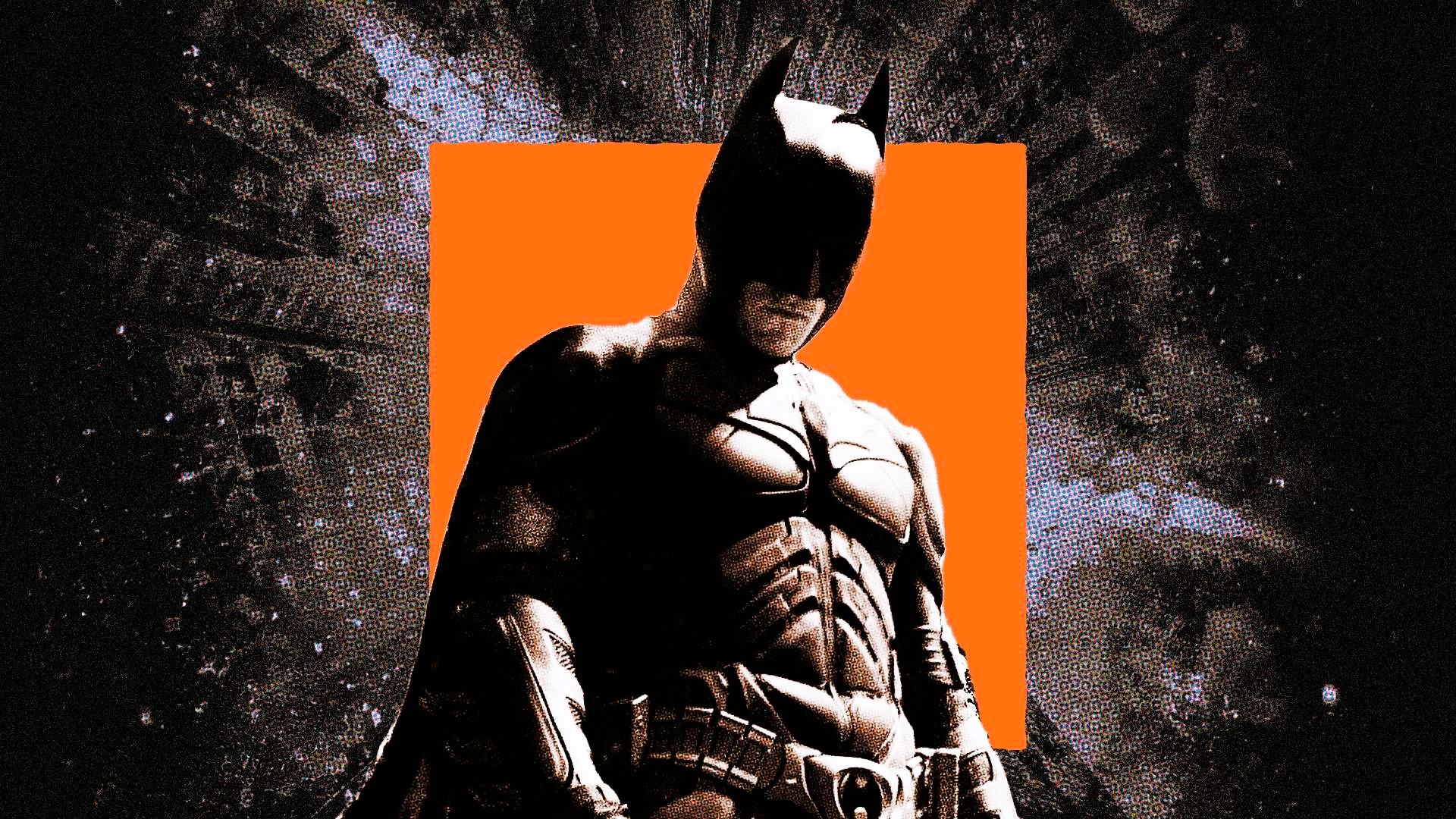What plagues Gotham's essence?
Allow me a brief regression.
Post our encounter with The Dark Knight Rises, my confidant bemoaned...
Hold on. Allow me another regression. WARNING: ABUNDANT, UNCLEAN, FOREVER UNFIT FOR PARENTAL MEETINGS SPOILERS. SPOILERS OF SCENES PRESENT IN TRAILERS, IN CASE YOU AVOIDED THEM AND FEAR SPOILERS.
There. Now, where were we?
After witnessing The Dark Knight Rises, my confidant lamented the upheaval ensuing Bane's dominance. The assault on the elite class unsettled her. She viewed it as a direct contradiction to the pinnacle of humanism in The Dark Knight's conclusion, where each vessel chose not to obliterate the other.
Did you catch that, Joker? Your chaos scheme crumbled! Convicted criminals won't sacrifice innocent lives for self-preservation. Those same innocent lives won't endorse mass executions. Take that.
So, how do these same people rally behind Bane? What has transpired in the last eight years?
What afflicts Gotham?

In response to my confidant's grievance, I urged her to show Gotham a modicum of leniency. Indeed, there was an initial frenzy, but soon people cowered in their homes. Streets lay deserted, lest one risked brutality for filching an apple (is there a more profound symbol of inequality and injustice in literature and cinema than being compelled to pilfer a solitary basic sustenance? Paging Jean Valjean!). Worse, you might face a Kangaroo court, coerced to choose between death or exile.
Nonetheless, I believe "What's the matter with Gotham?" might be an ill-posed question. Or rather, Gotham seems desolate without its counterpart. "What's the matter with Bruce Wayne?" hits the mark more precisely. Read our article about Dance Spectacle.
Some time ago, I confessed to a more ardent comics enthusiast than myself (especially on the DC side) that one reason I relish the Nolan trilogy is its focus on the Batman: Year One/Frank Miller narrative, not the original Bob Kane material. Over the years, I've watched various Batmans, yet they consistently sidestep his most defining trait — Batman is a peculiar individual. There's an inexplicable quality about a young man so profoundly incapable of coping with his parents' murders that he adorns a mask and positions himself beyond and above the law for the sake of... what, precisely? Gotham?
Gotham hasn't exactly been benevolent to Bruce Wayne. It claimed his parents and was willing to let their murderer go to catch a bigger fish. While Batman pursued organized crime, the city rewarded him with genuine villainy in the Joker, a man devoid of motivations, allegiances, and goals. Other franchises propose that supervillains emerge in response to superheroes, but there was no indication of that here. The Joker is akin to Batman — born from the shadows. It was the city's failure to keep him restrained and in check.
Nevertheless, Batman managed to thwart such a man. And what was his recompense? Exile.
Exile is merely another manifestation of death. In some ways, it's more sinister. It seizes his muscles, skills, reputation, and delves a bit deeper for a fragment of his soul. Gotham needed an idea, yes, but one idea wasn't sufficient. A hero to inspire them wasn't enough. They craved a villain as well.
So, when Blake implores Bruce to return (brace yourself for a staggering suspension of disbelief in that scene), one must ponder why Bruce harbors anything for Gotham beyond a mere farewell. Alfred contemplates the same. Finally, we receive our answer:
"The city needs me, Alfred."
"The city needs Bruce Wayne."
That's the predicament: it requires both, but it can only embrace one. And the individual making that decision, the one clutching the trigger, no longer comprehends how to be Bruce Wayne. In fact, he never truly did. Swift cars and swifter women were merely props in a performance. Bruce Wayne exists solely to make way for Batman. And Batman exists because Gotham carved a space for him. Hero or villain, it matters not. The city craves him.

Gotham didn't receive the hero it sought. They attempted that with Harvey Dent. No, Gotham acquired the hero it merited — one conceived from anguish, suffering, and shadows. Bane believed he was Gotham's reckoning and masqueraded as its savior, but he understood he could never be either. He wasn't birthed from its brokenness as Batman was. He couldn't ascend above it, brawl his way into the dawn, and vanish forever into that glaring light as Batman could. As Batman was meant to.
Who Batman is holds no significance, much like the representation of Gotham. There's a rationale for why Bruce clings tenaciously to the city that deprived him of everything. It's the sole thing he can bestow. No, not his life, though that will be the exchange.
It's the element that Bane, and Gotham before him, attempted to extinguish at every turn. The element that compelled Bruce Wayne back to Gotham after seven years and the element propelling him out of retirement after eight. The last vestige he can restore to the city before bidding adieu.
It's a modest offering, one that Bane contends adds cruelty to despair. Yet, he fails to grasp it fully. Bane comprehends love but remains oblivious to hope. It wasn't Bruce's fear of death that needed restoration. It was his will to live. The hope that there might be something more, something beyond the cape, to live for. It's the grin on Lucius' countenance and the way Gordon caresses the rejuvenated signal. It's Robin in the cave. Above all, it's Alfred's subtle nod.

